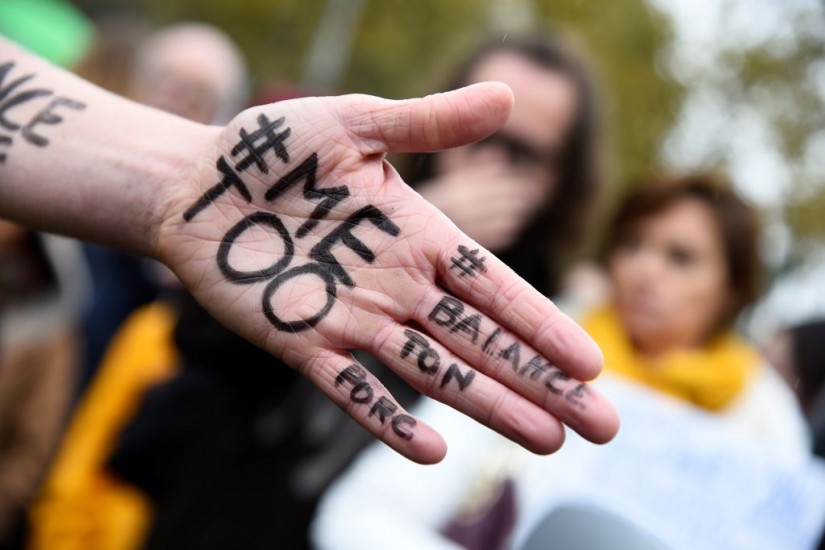In October, the dam finally broke.
That’s when multiple women, including female employees and actresses, began to accuse powerful film producer and studio executive Harvey Weinstein of explicit sexual harassment. The revelations came more than a year after Roger Ailes, the chairman of Fox News, was toppled following allegations of sexual misconduct, and just months since Fox News host Bill O’Reilly was forced out on similar charges.
But the Weinstein revelations hit a particular nerve, sparking a tidal wave of allegations against scores of powerful men in multiple industries, from Hollywood and the media to the halls of state and local government. Many of the accused have been rapidly ousted, including news anchors Charlie Rose and Matt Lauer, actors Kevin Spacey and Louis C.K., public radio personality Garrison Keillor, Sen. Al Franken (D-Minn) and Rep. John Conyers (D-Mich.) — to name just a few.The Weinstein disclosures also reignited the viral #MeToo campaign, which had been introduced a decade earlier by social justice activist Tarana Burke. After Weinstein’s fall, the phrase was resurrected by actress Alyssa Milano, who encouraged women to tweet about experiences with sexual misconduct. Millions of people in multiple countries have since used the hashtag to share their own experiences.
It’s worth keeping in mind, though, that not until fairly recently was workplace sexual harassment even considered a thing. Women had been mistreated and sexually abused in the workplace for centuries, often with virtually no means of redress. It wasn’t until about 40 years ago that people even knew what to call sexual harassment, let alone challenge it through any legal framework.
That has slowly changed, thanks in part to the efforts of a group of often overlooked trailblazing women, many of them black and working class, who risked their reputations and livelihoods to fight back against the male colleagues they say mistreated them, and the institutions that neglected to take their allegations seriously. But despite the recent surge of women coming forward, progress on the issue remains slow. Workplace sexual harassment is still pervasive, particularly among lower-income women in service jobs who often lack the means to fight back (as KQED reporter Sasha Khokha details in Rape on the Night Shift, her 18-month investigation into the rampant sexual abuse of female janitorial workers in California).
This timeline recounts some of the key moments in the modern-day fight to expose and ultimately end sexual harassment at work.
